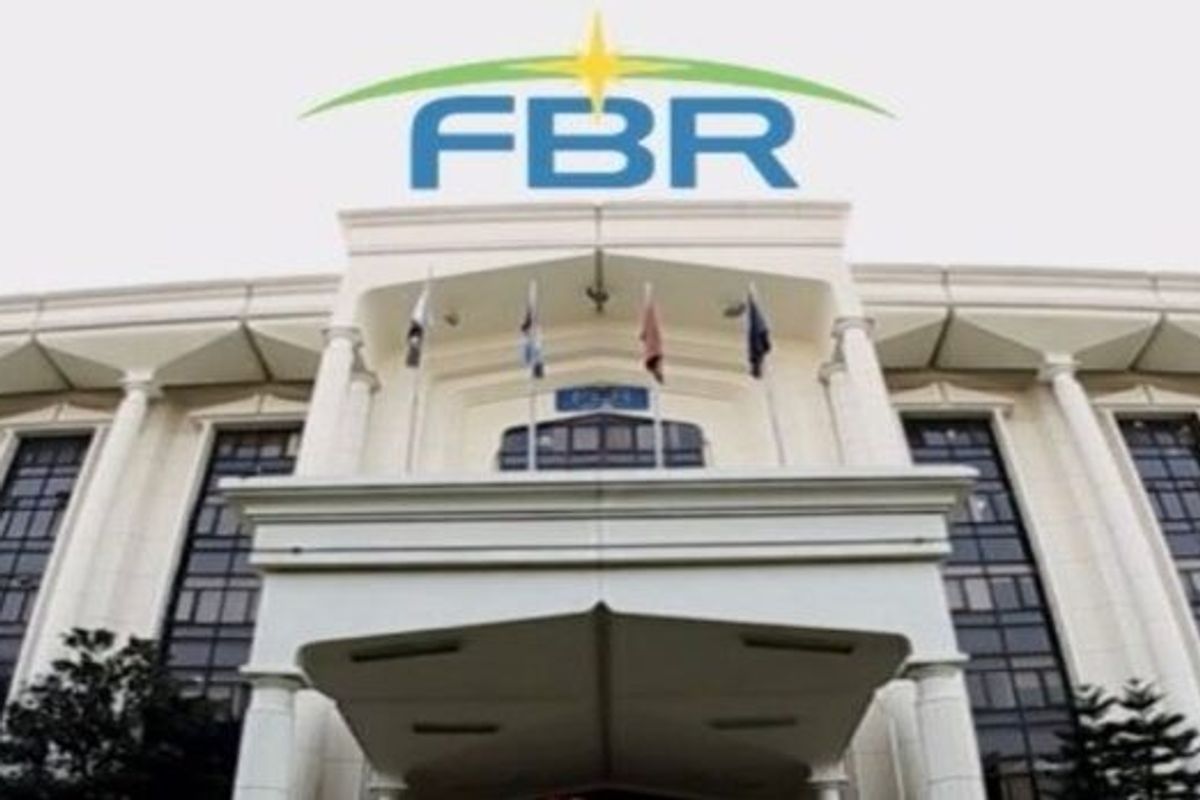Pakistan granted PKR 2.43T in tax exemptions in FY24, equal to 2.3% of GDP
FBR report shows reliefs down sharply from last year but still 26% of total tax revenue

Haris Zamir
Business Editor
Experience of almost 33 years where started the journey of financial journalism from Business Recorder in 1992. From 2006 onwards attached with Television Media worked at Sun Tv, Dawn Tv, Geo Tv and Dunya Tv. During the period also worked as a stringer for Bloomberg for seven years and Dow Jones for five years. Also wrote articles for several highly acclaimed periodicals like the Newsline, Pakistan Gulf Economist and Money Matters (The News publications)

Pakistan’s tax collection authority, the Federal Board of Revenue (FBR), granted tax exemptions and concessions totaling PKR 2.43 trillion in the fiscal year 2023-24, equivalent to 2.32% of the country’s Gross Domestic Product (GDP), according to the latest Tax Expenditure Report 2025 released Monday.
The value of these exemptions represents 26.18% of the FBR’s total tax collection, which stood at PKR 9.30 trillion for the year. While still substantial, the figures mark a significant decline from the previous fiscal year, when tax exemptions amounted to 54.15% of total revenue and 4.6% of GDP.
Category-wise breakdown
The report provides a detailed classification of the tax reliefs:
- Sales Tax: The largest category, with exemptions totaling PKR 1.24 trillion—50.81% of total exemptions and 1.18% of GDP.
- Customs Duty: Exemptions reached PKR 652.39 billion, or 26.80% of overall tax relief.
- Income Tax: Concessions amounted to PKR 545.23 billion, comprising 22.39% of total exemptions and 0.52% of GDP.
Sectoral impact
Major beneficiaries of income tax concessions during FY24 included the pension and social security sectors, energy and mining industries, financial institutions, education and health sectors, tribal areas, and the salaried class. The information technology sector and charitable organizations also received substantial relief.
The FBR also noted that while many sectors receive tax relief, there is no sales tax exemption for consumers of petroleum products, as these are instead subject to the Petroleum Development Levy (PDL).
The reduction in tax expenditures reflects a broader government strategy to rationalize tax concessions and enhance fiscal transparency. However, the FBR cautioned that these figures should not be viewed as guaranteed revenue potential. The actual fiscal impact of removing exemptions would depend on taxpayer behavior, economic conditions, and market responses.
“The narrowing of tax exemptions is a positive signal for fiscal reform,” said an analyst. “But the fact that over PKR 2 trillion is still being forgone highlights the structural inefficiencies and policy trade-offs the government continues to grapple with.”
The report also emphasizes that these exemptions may indirectly affect provincial revenue streams and should be interpreted within a broader fiscal context. FBR officials said the aim of the report is to foster transparency and provide policymakers with data to inform future tax reform decisions.
Income tax expenditures slightly declined as a share of GDP, from 0.57% in FY23 to 0.52% in FY24.
Sales tax expenditures also decreased by 18.6% year-on-year, reflecting a downward trend in overall tax relief amid growing fiscal pressures.
Despite the decline, analysts say Pakistan still has significant room to improve the efficiency of its tax system and broaden the revenue base without disproportionately burdening low-income groups.







Comments
See what people are discussing